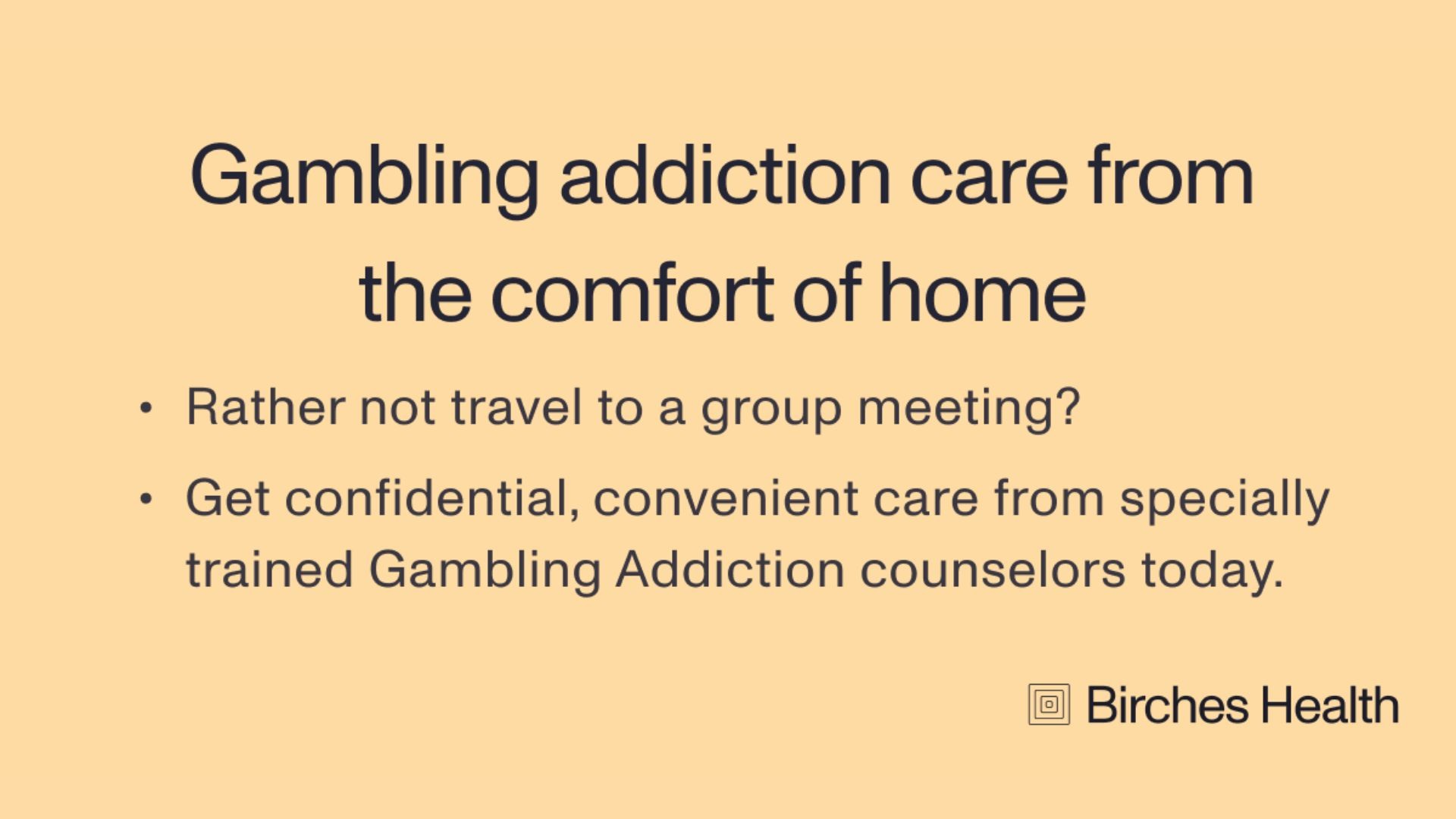Are Native Americans at Highest Risk of Gambling Addiction?
Published:
Jun 25, 2025
,
02:20 p.m.
ET

Key Points:
Native American populations traditionally have more than double the rate of problem gambling versus non-Native Americans.
Risk factors include socioeconomic disadvantage, co-occurring substance use disorder and increased access to gambling venues such as tribal casinos.
Historical trauma and cultural identity play complex roles in both risk and resilience.
A high portion of Native Americans also serve in the military, which is a cohort that also shows elevated gambling addiction rates.
New research is needed to more deeply understand how online gambling impacts Native American communities today.
————
Gambling addiction remains a growing concern across the United States, but some communities face distinctly high risks, and Native American populations are historically among the most vulnerable. Studies have shown that Native Americans experience problem gambling at rates at least twice as high (but potentially up to 15X) as the general U.S. population.
Understanding the unique social, cultural and historical factors driving this disparity is necessary for developing effective support and culturally sensitive treatment options. Let’s dive into the research first.
Gambling Addiction rates in Native American populations
How common is gambling addiction in Native American communities?
A large body of research highlights the stark contrast in gambling addiction rates between Native Americans and the broader U.S. population. Native Americans have at least double the rate of problem gambling versus non-Native Americans. One national study found that 18% of Native American adults met criteria for problem gambling, compared to just 8% of non-Native adults.
A literature review concluded that Native Americans may be 2.2 to 15.7 times more likely to exhibit problem gambling behaviors than other groups. In clinical settings, this gap can be even more pronounced: 22% of Native Americans treated for alcohol dependence showed signs of pathological gambling, compared to just 7.3% of Caucasian patients.
Similar trends appear in Canada, where Indigenous populations have roughly four times the rate of problem gambling compared to non-Indigenous residents.
Why are rates so high?
A mix of socioeconomic, cultural and environmental factors all may contribute to these elevated gambling addiction rates among Native Americans. Many Native American communities face conditions strongly linked to higher gambling risk, such as higher poverty rates, unemployment and limited economic opportunities.
Access also plays a role. The Indian Gaming Regulatory Act of 1988 paved the way for tribal casinos, which now number around 500 across the U.S. These casinos provide jobs and revenue for Native communities, but they can also increase gambling exposure for residents.
The lasting effects of historical trauma and displacement can also influence mental health and coping behaviors. Interestingly, some research suggests a strong Native cultural identity and higher measures of resilience may protect against gambling harm, while other studies show mixed results.
The role of the military service in Native American populations
Another contributing factor could be military service. Native Americans serve in the U.S. military at the highest per capita rate of any demographic group (per the USO). Research shows veterans are at increased risk for gambling disorders, partly due to stress, trauma and easy access to gambling opportunities on and near some bases.
Limitations of research, need for new studies
While elevated problem gambling rates are well-documented, there’s a clear lack of up-to-date data on Native American gambling since the rise of online gambling and mobile sports betting. Most large-scale studies are from 2019 or earlier, leaving questions about how COVID-19 and digital platforms may have impacted gambling habits in Native communities.
Furthermore, Native American communities are often tight-knit and self-reliant when addressing problems, which can make it harder for researchers to gather accurate information. As a result, a “hidden addiction” like problem gambling may be underreported compared to other better-known addictions like alcoholism and substance use disorder.
There is an urgent need for new research that centers around Native American perspectives and examines the impacts, risks and protective factors within these communities today.
Gambling Addiction treatment for Native Americans
If you or a loved one in a Native American community is struggling with gambling, you don’t have to face it alone. Birches Health can help individuals regain control and rebuild wellbeing, one step at a time.
Birches Health’s team of experienced professionals understand that addiction doesn’t look the same for everyone, and that culturally sensitive care is key to meaningful recovery. Our evidence-based treatment plans for gambling disorder can be adapted to honor cultural values, community contexts and co-occurring challenges like substance use or trauma.
Counseling is conducted virtually through teletherapy technology, so it is worth noting that internet access is needed, though not always available on some Native American reservations.
Birches Health offers discreet and supportive ways to take the first step:
Call 833-483-3838
Email help@bircheshealth.com




